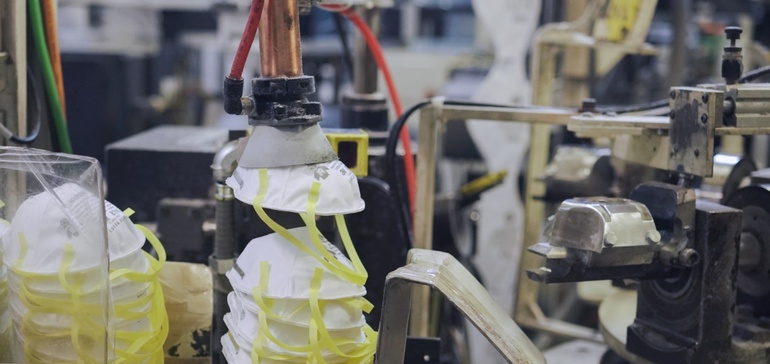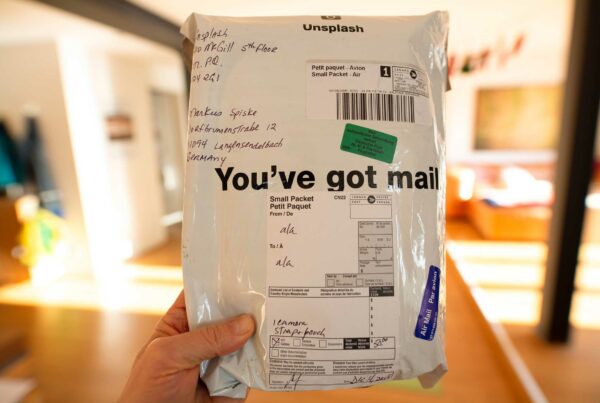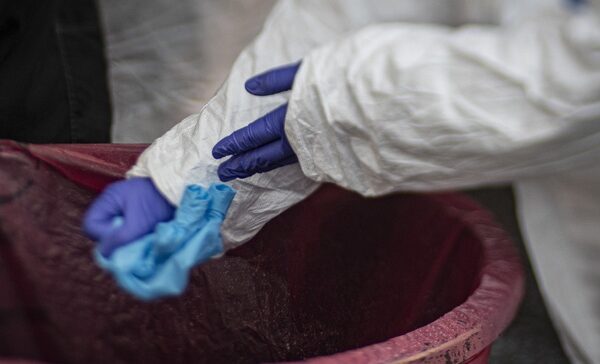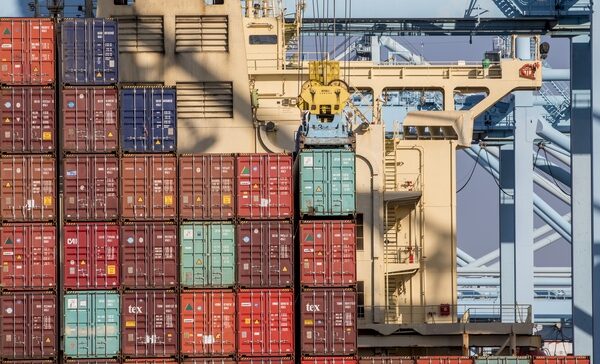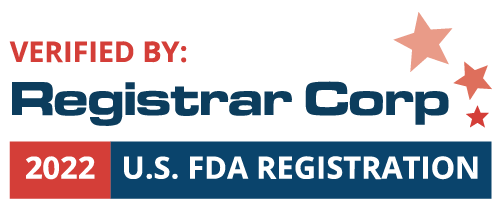Originally posted here at SupplyChainDive.com.
Legislation and governmental sanctions can help, but businesses must commit to ethical sourcing standards.
This is a contributed op-ed written by Steve Ardagh, CEO of Eagle Protect. Opinions are the author’s own.
The COVID-19 pandemic had an impact on a great many things in our lives and in business, not the least of which has been an explosion in the use of personal protective equipment.
By now, people across the U.S. and around the globe are accustomed to sourcing their own type of face mask, and the use of protective clothing and gloves has extended beyond food service and medical use to bus drivers, teachers, cashiers of all kinds and many others.
As demand for PPE has increased, we’ve seen an uptick in labor issues. The New York Times recently investigated China’s enforced labor of Uyghur minorities in the production of face masks with supply chain ties to the U.S.
What is to be done to ensure basic human rights in PPE manufacturing are achieved? It will be up to businesses to adhere to responsible sourcing practices.
But how do you really know where your PPE is coming from? In an environment of continued scarcity, with U.S. production behind the curve, the majority of PPE is imported.
Preception versus labor reality
Last year, the U.S. banned imports of nitrile gloves made by the world’s top manufacturer, Top Glove. And in March the U.S. Customs and Border Protection Agency ordered port officials to seize all disposable gloves made by the company after a months-long investigation confirmed the allegations of forced labor.
In addition to this action by CBP, and in the wake of pandemic shortages, two U.S. representatives introduced legislation titled the American PPE Supply Chain Integrity Act. Its primary aim is not related so much to human rights, but it is more in line with ensuring the country’s future ability to supply its own PPE, should another crisis occur.
On its face, given the perception that the U.S. doesn’t deal with the same human rights issues as other countries, this could be considered a win for human rights. However, pockets of struggle among laborers have come to light in this country as well, which have only been made worse by pandemic conditions.
It will be up to businesses to adhere to responsible sourcing practices.
Steve Ardagh
CEO of Eagle Protect
Within the past month, the U.S. House Appropriations Subcommittee held hearings into labor abuses at meatpacking, poultry and agricultural plants across the country, citing conditions that would be more likely found in the early 1900s, not 2021.
The investigations into these issues, and the recent move by Amazonwarehouse workers in Alabama to unionize, may be the tip of the iceberg in renewed interest in organized labor in what has typically been perceived as a first-world, labor-friendly country.
Sadly, in factories in China and Southeast Asian, particularly those producing PPE, poor working conditions are all too common. After visiting one such factory 20 years ago, I was appalled by what I observed.
The packing area was a large room that reekd of chlorine and acid, with a concrete floor, a roof and no walls of which to speak. There were several women working around multiple tables, packing hundreds of gloves into boxes. One person’s sole job was to keep cockroaches and other pests from getting on the gloves before they were packed.
Benefits of B Corps
When looking across the supply chain, companies would do well to learn more about their suppliers and how they are ensuring ethical practices in their business. There are several questions companies can ask of their suppliers:
- Do the states/countries from which you source subscribe to the U.N. Guiding Principles on Business Human Rights? If not, what measures do you take to monitor your supply chain partners to promote safe, fair, legal and humane working conditions?
- Are you ensuring that your company does not source from companies under U.N. sanction for human rights violations?
- Do you personally visit your manufacturers? How often?
- Can you provide an external, third-party-verified audit of your supply chain partners?
These sound environmental, social and governance policies can go a long way in ensuring ethical treatment of all parties, particularly those who labor to supply the world with much-needed protective equipment.
In the long run, more companies should pursue becoming a Certified B Corporation. An analogy commonly used is that a B Corp is to business what Fair Trade Certification is to the U.S. Agriculture Department Organic Certification.
The B Corp certification process is rigorous and ensures ethical sourcing, going beyond product or service level certification. Certifying as a B Corporation further measures a company’s entire social and environmental performance, and it evaluates how a company’s operations and business model impact workers, the community, environment and customers.
By using B Corps for not only PPE, but anything mass-produced, companies can be assured that the products purchased are high quality and ethically sourced, thus lessening the global labor crisis.


